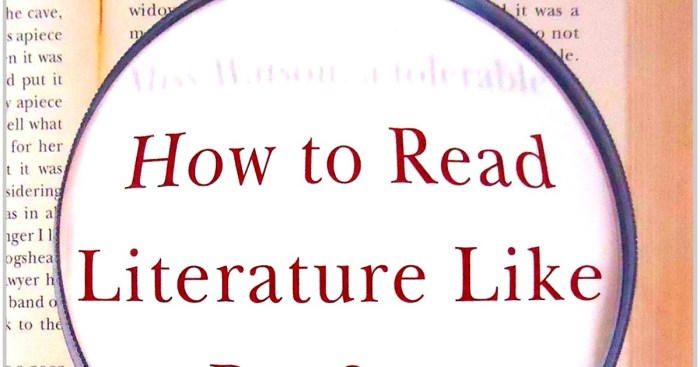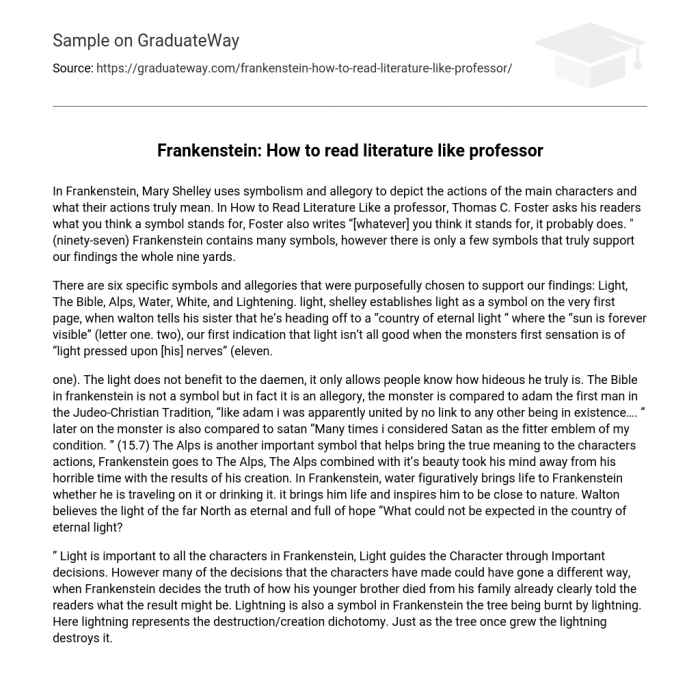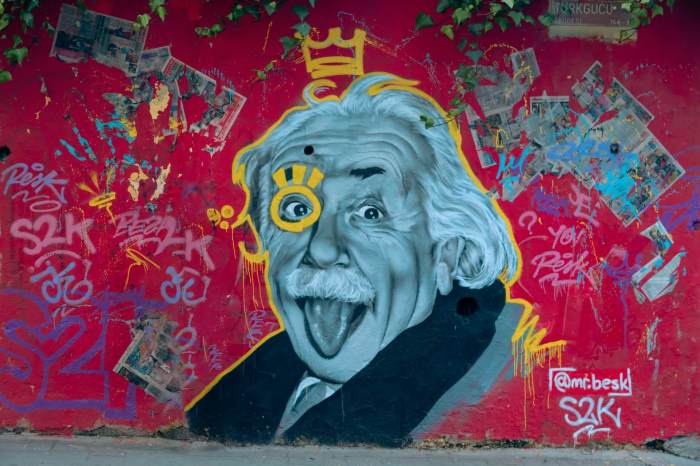Embark on an enlightening journey with our exclusive How to Read Literature Like a Professor Quiz, meticulously crafted to elevate your literary analysis abilities. This comprehensive quiz delves into the intricacies of literature, empowering you to decipher complex texts and uncover hidden meanings like a seasoned scholar.
Prepare to sharpen your critical thinking, refine your writing style, and unlock a deeper appreciation for the written word as we guide you through the fundamental elements, literary techniques, contextual analysis, critical approaches, and more. Immerse yourself in the world of literature and emerge as a literary virtuoso with our expertly designed quiz.
Elements of Literature: How To Read Literature Like A Professor Quiz

Literature is composed of fundamental elements that work together to create a cohesive narrative. These elements include:
- Plot:The sequence of events that make up the story.
- Character:The individuals who participate in the story’s events.
- Setting:The time and place where the story takes place.
- Theme:The underlying message or idea that the story conveys.
- Style:The author’s unique way of writing, including language, tone, and structure.
These elements interact to create a meaningful and engaging literary experience.
Literary Techniques
Literary techniques are devices that authors use to enhance the meaning and impact of their work. Common techniques include:
- Symbolism:Using objects or ideas to represent something else.
- Metaphor:Comparing two things that are not literally alike.
- Irony:Using words or situations to convey a meaning that is opposite to what is expected.
- Foreshadowing:Hinting at events that will happen later in the story.
These techniques add depth and complexity to literary works.
Contextual Analysis
Understanding the historical, cultural, and social context of a literary work is crucial for its interpretation. Contextual factors include:
- Historical events:The time period in which the work was written.
- Cultural beliefs:The values and norms of the society that produced the work.
- Social conditions:The economic, political, and social circumstances of the time.
Contextual analysis helps us appreciate the work’s relevance and significance.
Critical Approaches
Different critical approaches to literature provide distinct ways of analyzing and interpreting literary texts. Major approaches include:
- Formalism:Focuses on the text itself, without considering external factors.
- Structuralism:Examines the underlying structures and patterns within a text.
- Post-structuralism:Challenges traditional notions of meaning and authorship.
Each approach offers a unique perspective on literary works.
Textual Analysis
Close reading of a literary text involves carefully examining its language, structure, and meaning. Steps include:
- Identifying key passages:Selecting important sections that contribute to the text’s overall meaning.
- Interpreting motifs:Analyzing recurring patterns and symbols.
- Uncovering symbols:Identifying objects or ideas that represent something else.
Textual analysis provides a deep understanding of a literary work.
Thesis Development
A strong thesis statement for literary analysis should:
- Be specific:Clearly state the main argument.
- Be arguable:Present a point of view that can be supported with evidence.
- Be provable:Can be supported by evidence from the text.
An effective thesis statement guides the entire analysis.
Evidence and Support, How to read literature like a professor quiz
Literary analysis relies on textual evidence to support claims. Types of evidence include:
- Direct quotations:Exact words from the text.
- Paraphrases:Restatements of ideas in different words.
- Summaries:Condensed versions of sections of the text.
Proper integration of evidence strengthens the analysis.
Writing Style
Effective literary analysis writing should be:
- Clear:Easily understood by readers.
- Precise:Uses specific and concise language.
- Concise:Avoids unnecessary words or phrases.
Following these guidelines enhances the readability and credibility of the analysis.
FAQ Guide
What are the key elements of literature?
The fundamental elements of literature include plot, character, setting, theme, and style. These elements work together to create a cohesive narrative and provide insight into the human experience.
How can literary techniques enhance the meaning of a text?
Literary techniques such as symbolism, metaphor, irony, and foreshadowing contribute to the depth and impact of a literary work. They allow authors to convey complex ideas, create emotional responses, and foreshadow future events.
Why is contextual analysis important in literary interpretation?
Contextual analysis helps us understand the historical, cultural, and social factors that influenced the creation of a literary work. By considering the context, we gain a deeper understanding of the author’s intent and the significance of the text.


